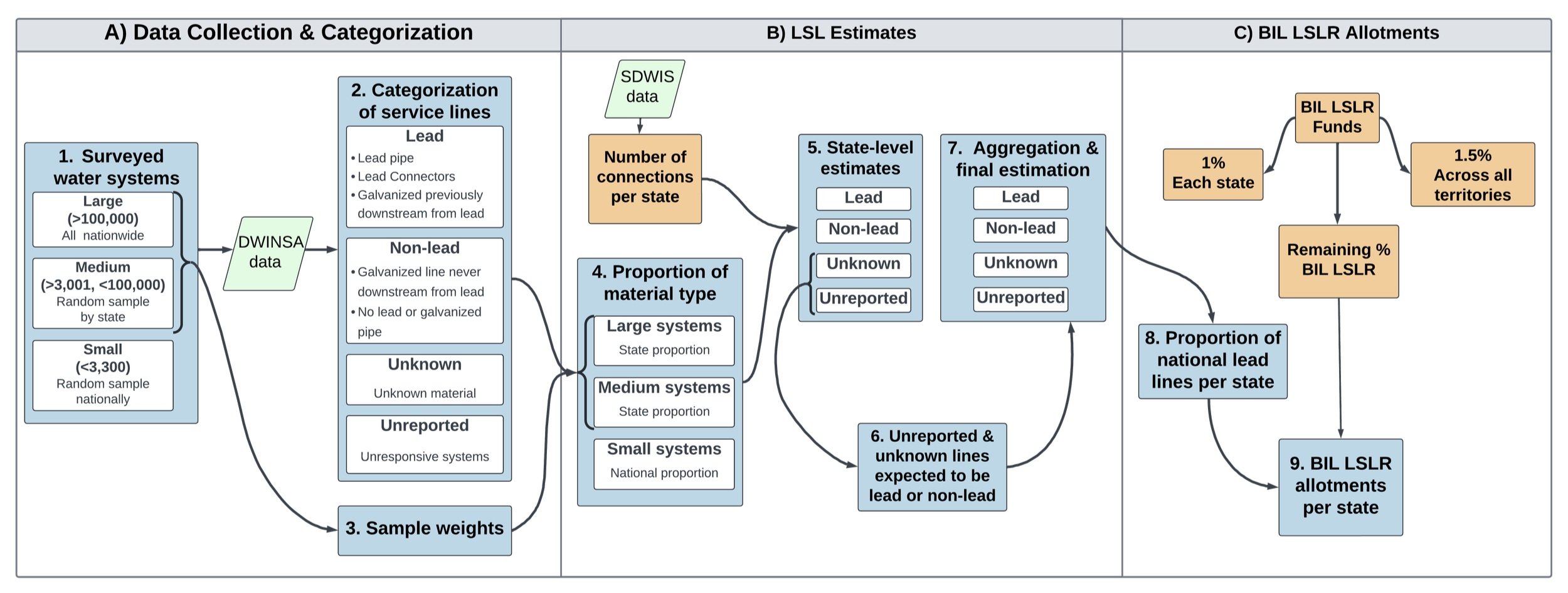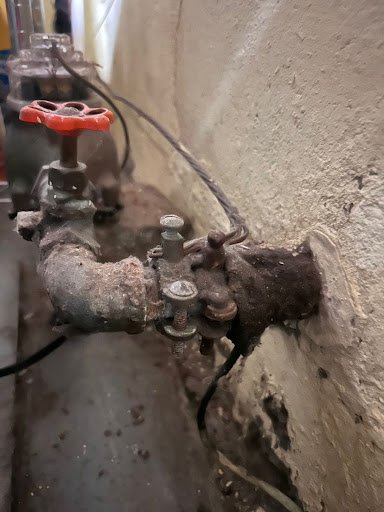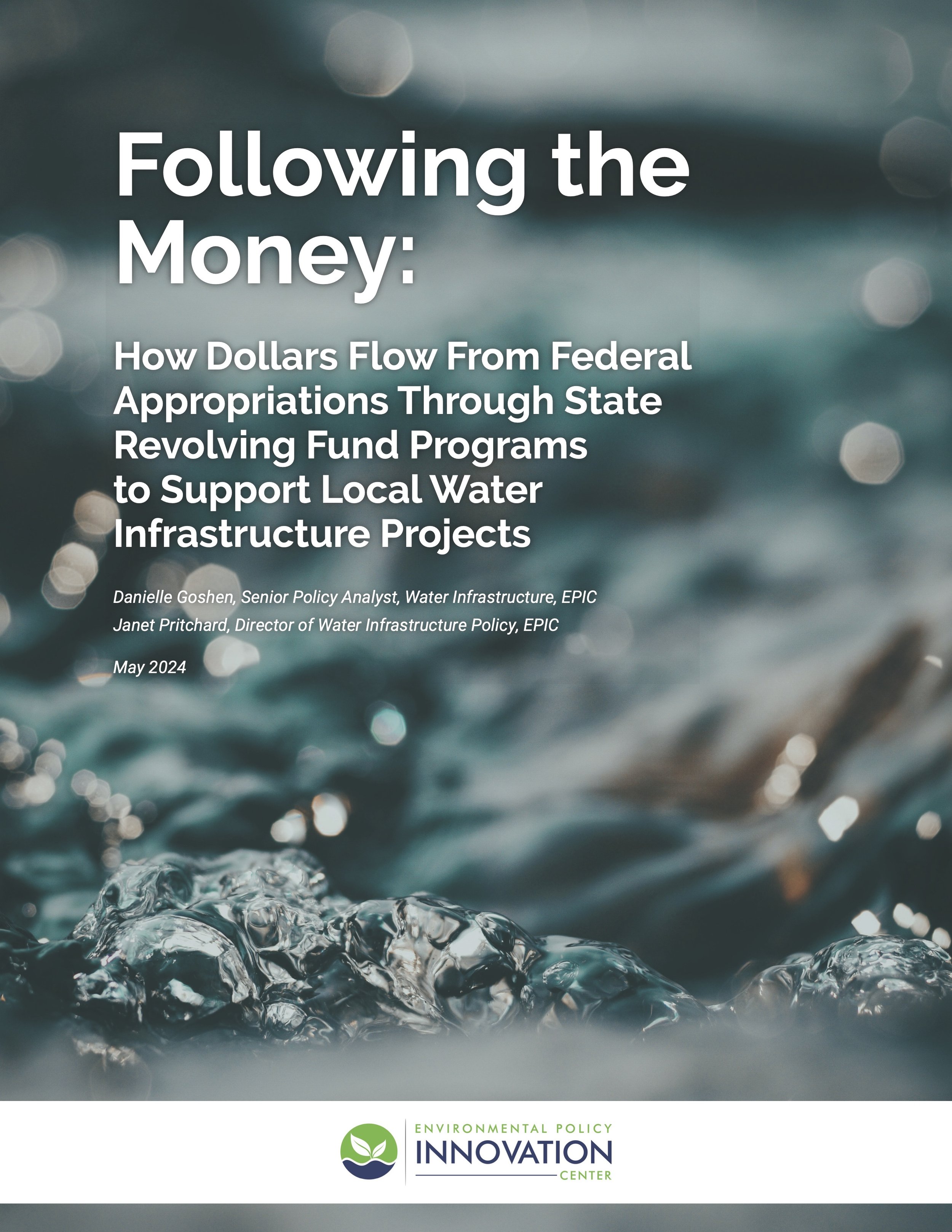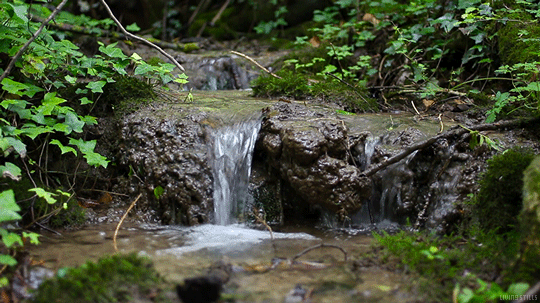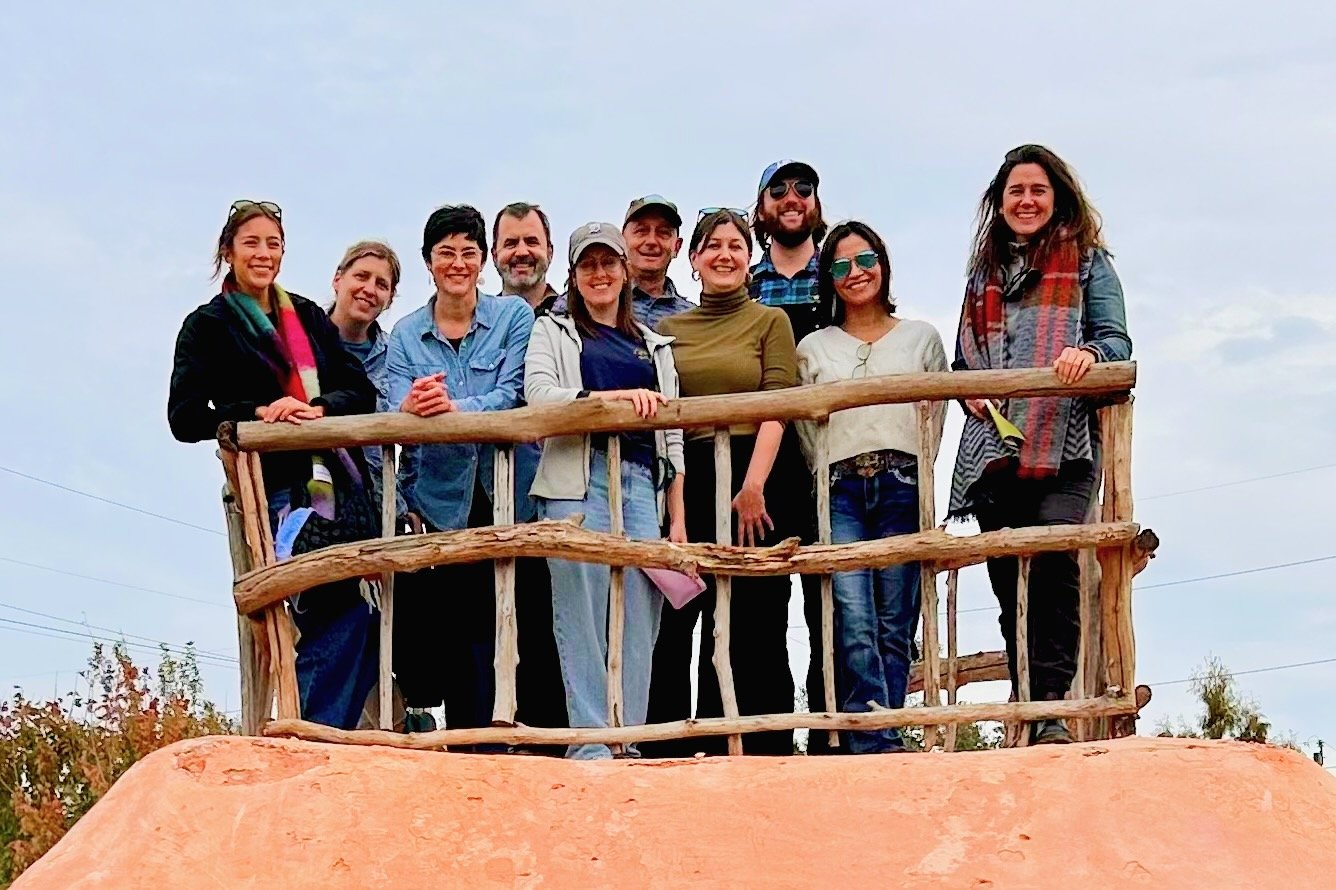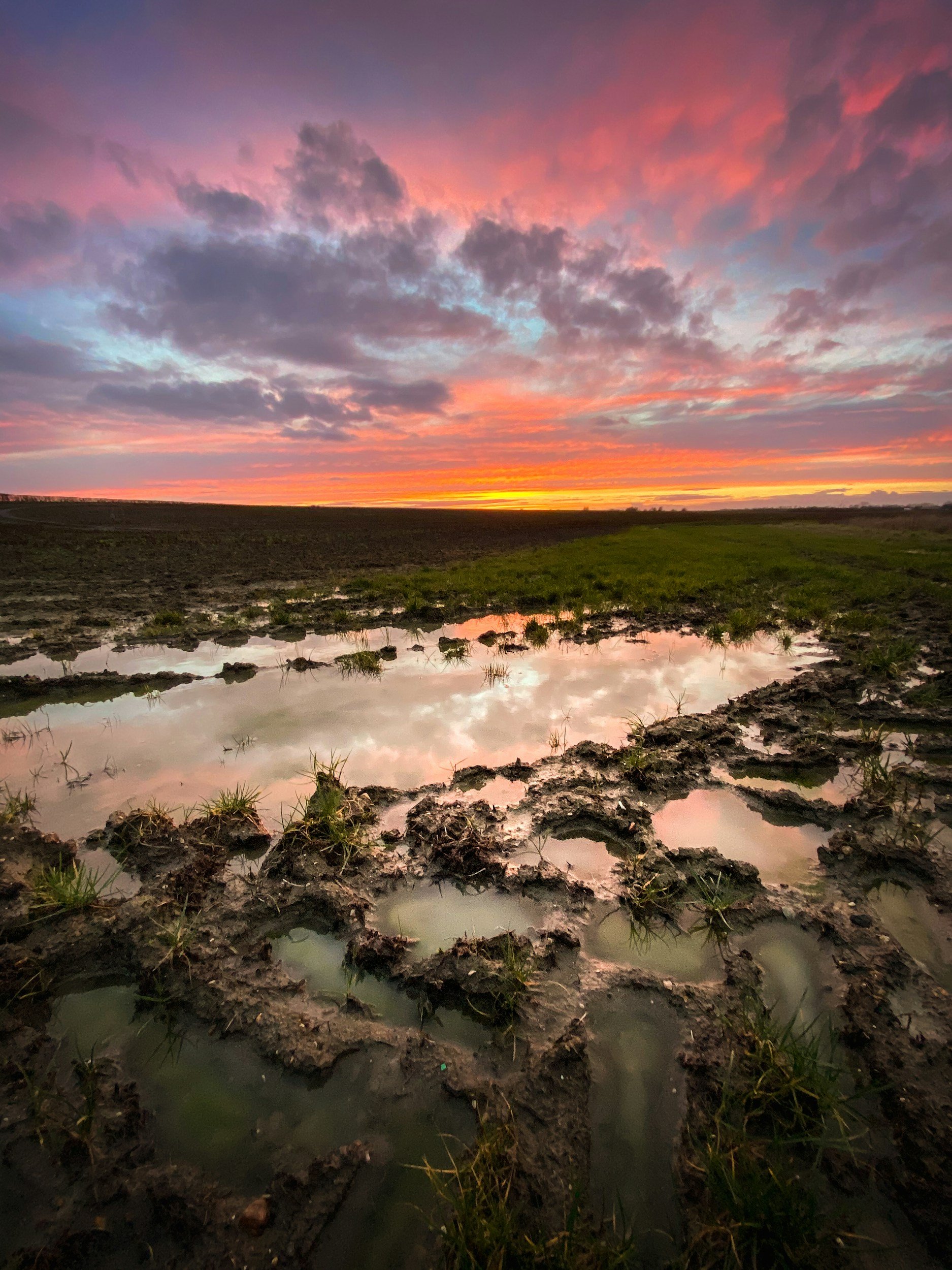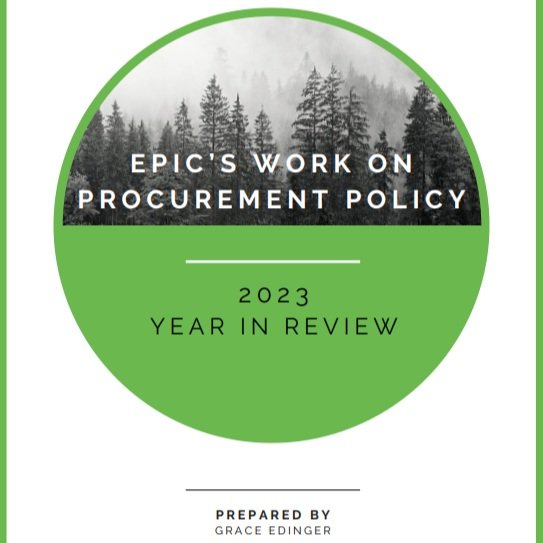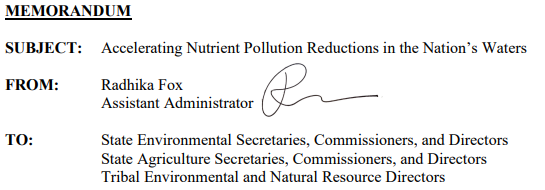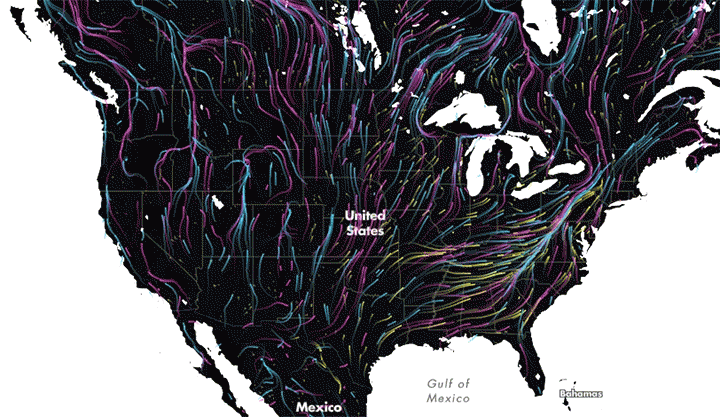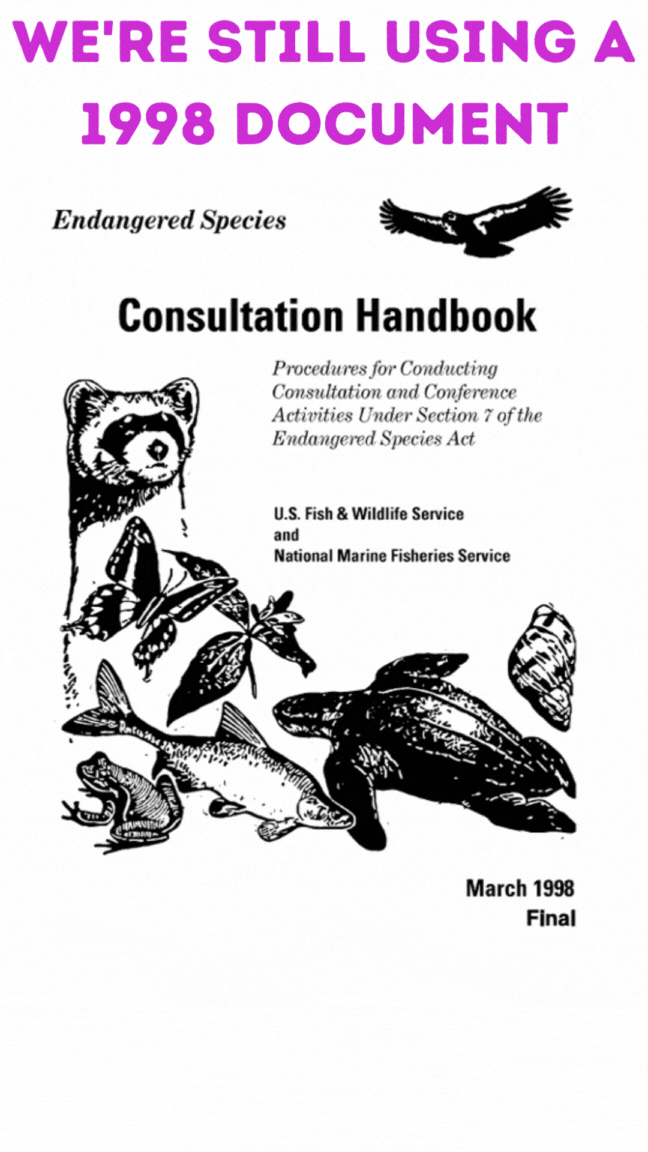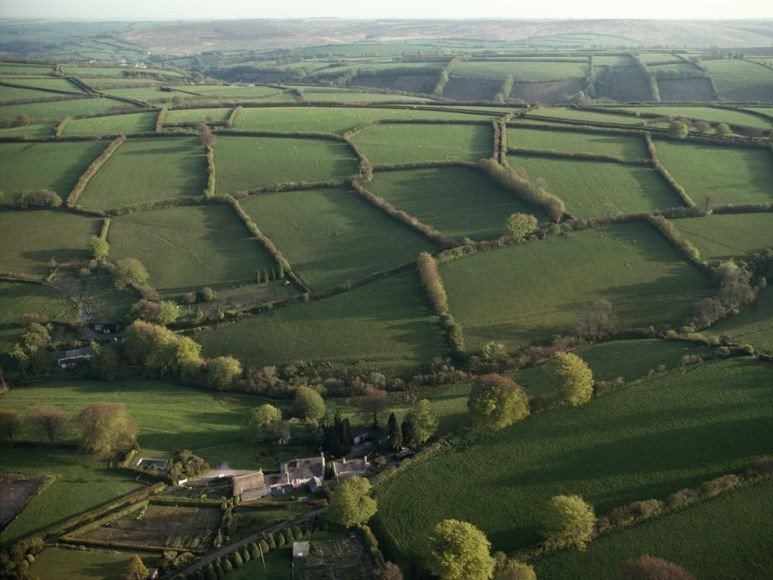Water Infrastructure
Restoration & Mitigation
Technology
Procurement & Finance
Since enacting the Conservation Finance Act in 2022, Maryland agencies have begun to implement it and attract greater private investment in conservation.
What is motivating biocredit buyers at this early stage as the market is in development? Why would corporate buyers and other entities be interested in investing in migratory songbird or salmon credits? What’s in it for them? Today the BCA released a new issue paper, “Demand-side Sources and Motivation for Biodiversity Credits'' that untangles some of these incentives and rationales.
Agriculture
Everybody’s talking about environmental sandboxes. What are they, and maybe more importantly, what aren’t they?
Since enacting the Conservation Finance Act in 2022, Maryland agencies have begun to implement it and attract greater private investment in conservation.
New report evaluates the last three years of efforts developing Midwest watershed partnerships
New report examines the challenges to administratively scaling the Regional Conservation Partnership Program
The Susquehanna River Basin Commission announced today the opening of its application for proposals offering cost-effective reductions of nutrient pollution entering the Chesapeake Bay from the Susquehanna watershed.
Mason City and Forest City sign innovative agreements to pay farmers to improve water quality.
Third and final in a series, this blog explores how USDA can tweak existing programs to speed up delivery of conservation money in the Inflation Reduction Act.
A project to illustrate which watersheds and cities in Iowa are closest to meeting their nutrient reduction goals from municipal point sources
Second in a series, this blog explores how USDA can use emerging technologies to speed up delivery of conservation money in the Inflation Reduction Act.
First in a series, this blog explores how USDA can use outcomes purchasing to speed up delivery of conservation money in the Inflation Reduction Act.
One month ago today, Pennsylvania passed the country’s second legislatively-authorized clean water outcomes procurement program
In New York state, a clever partnership between the city of Syracuse and upstream farmers has managed to significantly clean up the Skaneateles Lake
Endangered Species
What is motivating biocredit buyers at this early stage as the market is in development? Why would corporate buyers and other entities be interested in investing in migratory songbird or salmon credits? What’s in it for them? Today the BCA released a new issue paper, “Demand-side Sources and Motivation for Biodiversity Credits'' that untangles some of these incentives and rationales.
Yesterday, the Fish and Wildlife Service (FWS) released an Advanced Notice of Proposed Rulemaking (ANPR) on Compensatory Mitigation Mechanisms. We provide initial reactions here.


